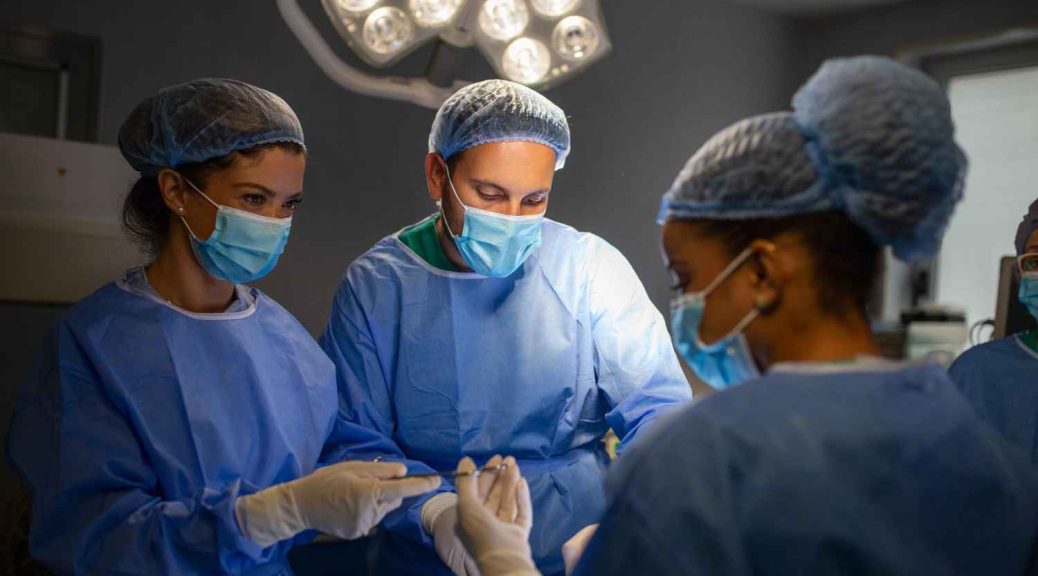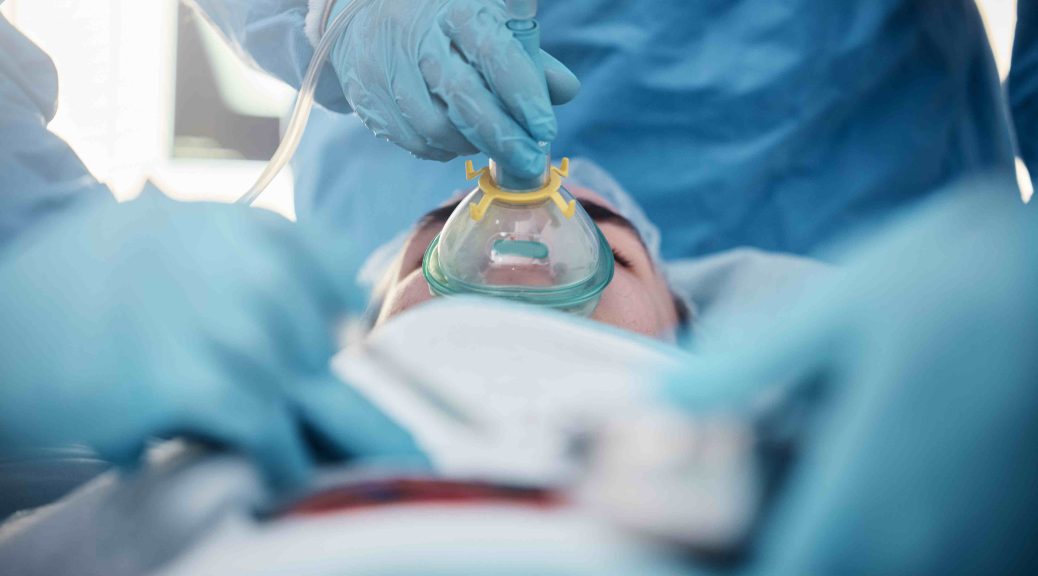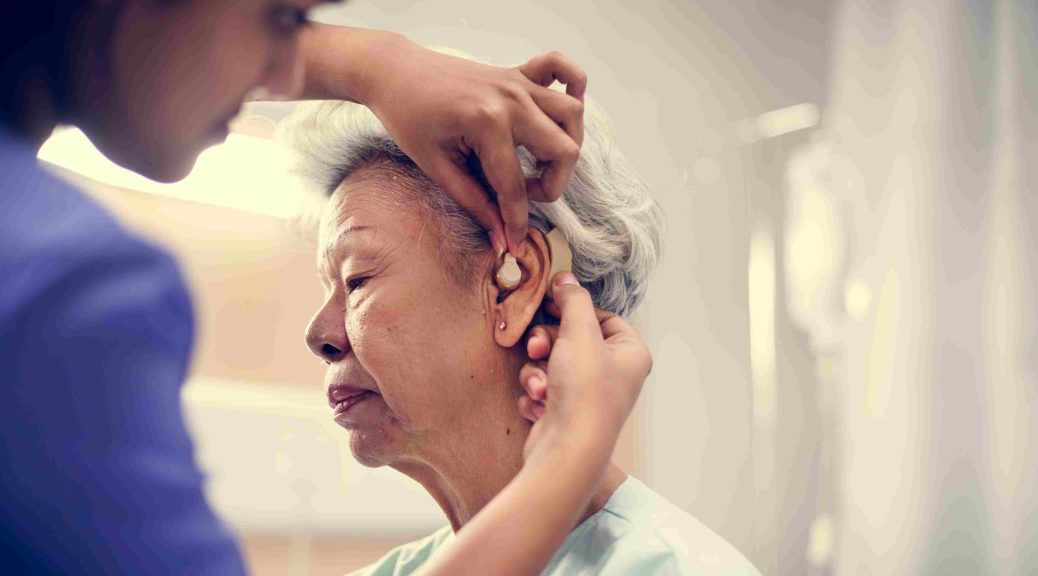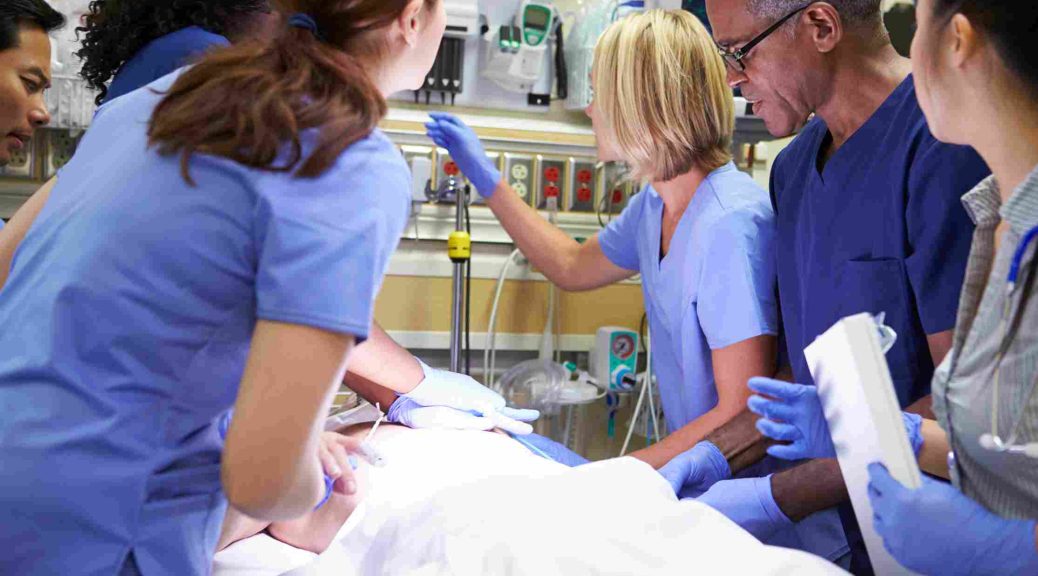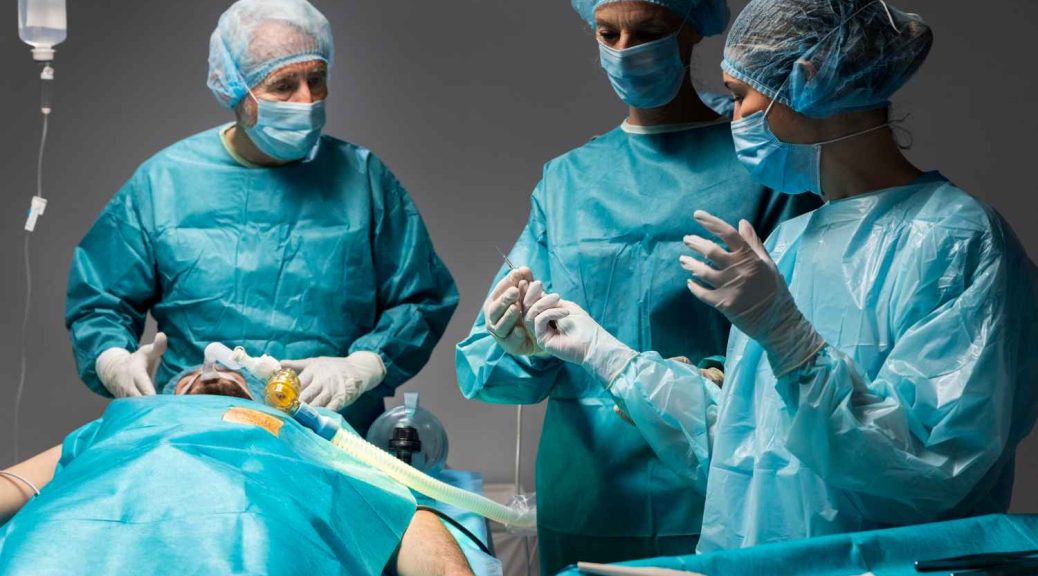Your ear, nose, and throat which are collectively called ENT play a very important role in overall human health. All of these interconnected systems of the human body affect various sides of human life starting from hearing, breathing, and swallowing.
However, if any serious issue happens then you must seek guidance from the best ENT doctors in ILS Hospital Kolkata. In this blog, we will further explain 7 important factors for which you must visit an ENT specialist.
Understanding the Signs for Consulting an ENT
There might be numerous reasons why you must visit an ENT specialist and before making an appointment you should know the seven underlying factors first.
-
Long-lasting ear Pain Or Hearing Loss
If you are facing any type of ear internal pain or reduction in hearing then it might be a serious case of hearing loss.
It can happen due to numerous reasons like ear infections, perforations in the eardrums, or sensorineural hearing loss. A special evaluation will be done by an ENT specialist in this case to diagnose the issues properly.
Appropriate treatment options as per the conditions will be recommended afterward.
-
Chronic Sinus Issue
Problems of sinusitis or chronic sinus or nasal polyps can lead to nasal congestion, headache, and postnasal drip.
An ENT doctor will perform some tests based on nasal imaging studies, conduct nasal endoscopy and allergy testing to recognize the conditions of your sinus, and form a proper treatment plan to reduce the symptoms.
-
Difficulty in Breathing
Difficulty in breathing or swallowing can be a very serious issue that needs evaluation by a certified ENT. These types of problems might arise from some conditions like nasal obstruction, throat infections, or disorder in swallowing.
An ENT specialist can conduct diagnostic tests such as laryngoscopy and swallowing studies, to evaluate the airway and swallowing function. A proper diagnosis will be made in the multispeciality hospital in Kolkata and medication or treatment will be recommended further.
-
Recurring Sore Throats
Sore throats that recur often or problems in the tonsils can impact the quality of your life and might indicate the need for a more detailed evaluation by an ENT doctor. An ENT specialist can only assess your problem if you have chronic tonsillitis, strep throat infection, or any disorder in the immune system.
The doctor will check the throat health and recommend some medications like antibiotics which will also be available if you check for a 24*7 pharmacy near me on your mobile. On the other hand, if the problem is much more complicated then the doctor might conduct surgical removal of tonsils.
-
Dizziness in the Body
Ear helps in creating body balance and dizziness or balance problems can occur from inner ear disorders, vestibular migraines, or neurological conditions that affect the balance
An ENT specialist with proper experience in vestibular disorder can hold specialized tests to understand the cause of the symptoms that are happening. They might recommend appropriate strategies for proper management of the system.
-
Chronic Cough or Hoarse Voice
Chronic cough or hoarseness in the vocal cords can be symptoms of throat conditions such as vocal cord nodules or it might be throat cancer.
A doctor will perform a detailed evaluation of your vocal cords and the upper airway of the passage including laryngoscopy and voice evaluation to recognize the cause of your symptoms and develop a personal treatment plan for you.
-
Head and Neck Pain
Head and neck pain may be of different types. Prevalent head and neck pain like jaw pain, stiffness in the neck, or swollen nodes of the lymph. All of these issues like salivary gland infections or head and neck tumors may indicate ENT disorders and these are vital signs for which you must visit an ENT.
The doctor will perform an intensive evaluation by doing imaging studies or biopsies to understand the cause of the symptoms and provide treatment as needed.
Final Words
The right time to know when you must visit an ENT is very important for addressing diverse ear, nose, and throat conditions that can affect the quality of your life.
Whether you are experiencing persistent ear pain, problems in breathing, or any other relevant symptoms you must immediately make an appointment at the ILS Hospital considered one of the best emergency hospitals in Kolkata. You can consult with the best doctors to treat your issue and ensure your well-being here.
FAQs (Frequently Asked Questions)
In this section of the blog, we have tried to answer some of the relevant questions that have been asked by people all over
Q.1 How does an ENT doctor treat vertigo?
The doctor might conduct a physical examination followed by vestibular testing and imaging studies. Specific exercises or medications might be recommended by the doctor.
Q.2 Can cosmetic surgery be conducted by an ENT?
Yes, an ENT doctor can perform cosmetic surgery like rhinoplasty to reshape or reform the function of the nose if there is any problem or treat polyps.
Q.3 How does an ENT treat voice problems?
The doctor diagnoses the function of the vocal cords through some assessments like laryngoscopy. Afterward, treatment is done by including voice therapy or medications.
Q.4 What precautions must be followed after ear surgery?
After surgery, the patients must follow the instructions given by the doctor. They should care about the wound, maintain hygiene, and manage medications.













